Featured
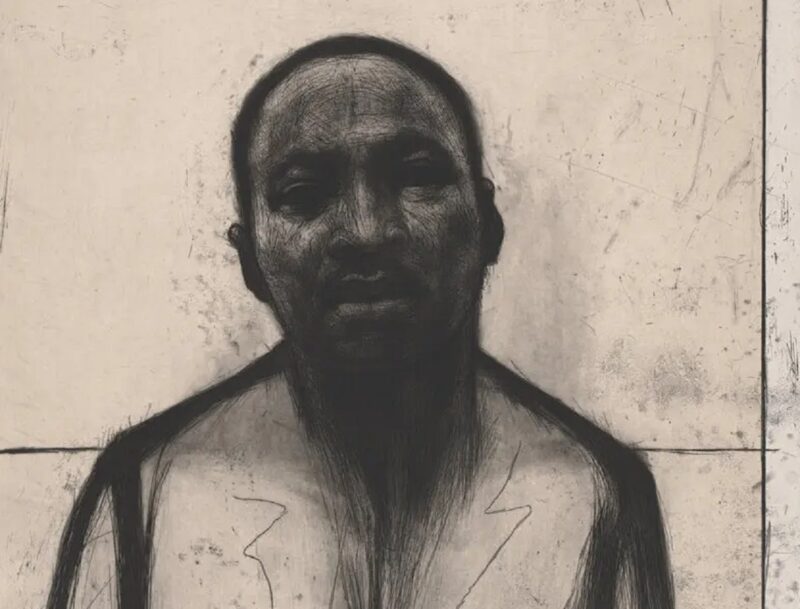 Martin Luther King Jr.’s Other Dreams. By Jamelle Bouie / NYT
Martin Luther King Jr.’s Other Dreams. By Jamelle Bouie / NYT
John Wilson, “Martin Luther King, Jr.” (2002).Credit…Estate of John Wilson and Martha Richardson Fine Art, via National Gallery of Art
“We will never have peace in this world,” says King, “until men everywhere recognize that ends are not cut off from means, because the means represent the ideal in the making, and the end in process, and ultimately you can’t reach good ends through evil means, because the means represent the seed and the end represents the tree.”
Most Americans do not think of Martin Luther King Jr. as a democratic theorist, but he is exactly that. And here, in this sermon, he makes clear that what a peaceful and equal society demands — that is, what a truly democratic society demands — is our mutual recognition of each other, here and everywhere. Read more
Related: Why Martin Luther King Jr.’s sharpest question remains unanswered. By Peniel E. Joseph / CNN
Political / Social
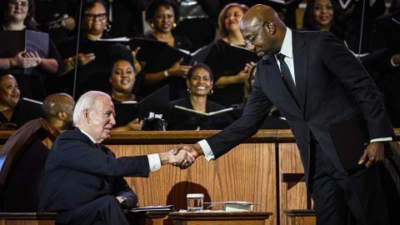 Biden delivers sermon drawing on legacy of Rev. Martin Luther King: ‘This is a time of choosing.’ By and
Biden delivers sermon drawing on legacy of Rev. Martin Luther King: ‘This is a time of choosing.’ By and
Sen. Raphael Warnock (D-Georgia), the pastor at Ebenezer Baptist Church, greets President Joe Biden during a worship service in Atlanta on January 15, 2023.
In remarks from the pulpit, the president referred to the current moment in American history “the time of choosing.” “Are we a people who choose democracy over autocracy? You couldn’t ask that question 15 years ago, right? You would’ve thought democracy was settled – not for African Americans, but democracy as an institutional structure was settled. But it’s not, it’s not,” he said. “We have to choose a community over chaos. Are we the people … going to choose love over hate? These are the vital questions of our time, and the reason why I’m here as your president, I believe. Dr. King’s life and legacy show us the way, and we should pay attention,” Biden said. Read more
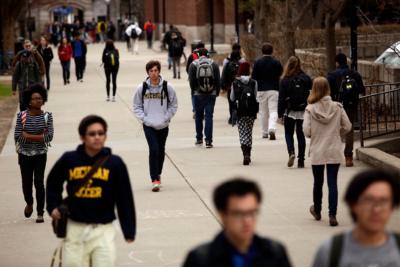 If Affirmative Action Ends, College Admissions May Be Changed Forever. By Stephanie Saul / NYT
If Affirmative Action Ends, College Admissions May Be Changed Forever. By Stephanie Saul / NYT
Schools may need to rethink everything, including recruitment, scholarships, standardized testing and alumni preferences.
In cases against Harvard and the University of North Carolina, the Supreme Court is widely expected to overturn or roll back affirmative action in college admissions. Many education experts say that such a decision could not only lead to changes in who is admitted, but also jeopardize long-established strategies that colleges have used to build diverse classes, including programs that are intended to reach specific racial and ethnic groups for scholarships, honors programs and recruitment. Read more
 It’s not just Trump: A sobering new report chronicles the extensive GOP war on democracy. By Amanda Marcotte / Salon
It’s not just Trump: A sobering new report chronicles the extensive GOP war on democracy. By Amanda Marcotte / Salon
Trump is out of office, but the rate of Republicans filing anti-democracy lawsuits in 2022 stayed the same
A new report from Democracy Docket chronicling the election litigation in 2022 shows the trend moving forward, with Republicans continuing to file large numbers of lawsuits geared toward making it harder for Americans to vote or for those votes to be counted. In 2022, there were 93 anti-voting lawsuits filed across the country — fairly steady from 2020, when there were 95 lawsuits aimed at making it harder to vote or attempting to throw out votes. And in one aspect, things are getting worse: In 2022, the flood of lawsuits spread throughout state and federal races, instead of being driven by Trump’s single-minded obsession with suing his way to victory in the 2020 presidential race. Read more
Related: The Rise Of Ron DeSantis. By Anders Croy / HuffPost
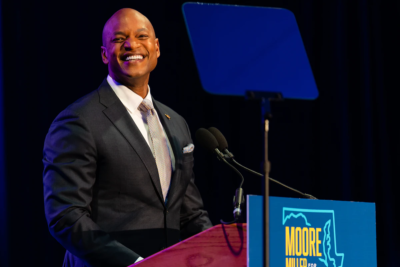 Maryland’s governor to take oath on Frederick Douglass’s Bible. By Joe Heim / Wash Post
Maryland’s governor to take oath on Frederick Douglass’s Bible. By Joe Heim / Wash Post
Wes Moore’s left hand will rest on history Wednesday when he takes the oath of office and becomes Maryland’s first Black governor and only the third Black governor elected in the history of the United States.
Moore, who describes himself as a student of Douglass, believed including the Douglass Bible in the ceremony would deliver symbolic heft to the day but he had no idea whether it would even be possible to arrange. The moment the Democratic governor-elect learned the National Park Service had approved his request was “breathtaking,” Moore said in an interview Friday. Read more
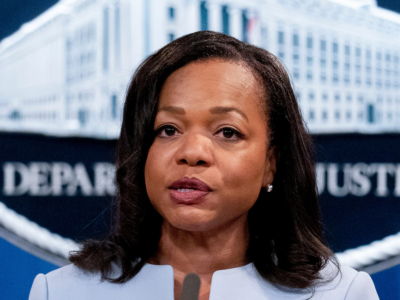 Justice Dept. wins $31 million redlining settlement with L.A. bank. By David Nakamura / Wash Post
Justice Dept. wins $31 million redlining settlement with L.A. bank. By David Nakamura / Wash Post
Shown is Assistant Attorney General for Civil Rights Kristen Clarke who speaks at a 2021 news conference at the Justice Department in Washington. (Andrew Harnik/AP)
The Justice Department announced a $31 million settlement on Thursday with a Los Angeles-based bank over charges that it discriminated against Black and Hispanic residents by avoiding mortgage-lending services in specific neighborhoods, the largest-ever financial award in a redlining case, officials said. Read more
 Selling Houses While Black. By Colette Coleman / NYT
Selling Houses While Black. By Colette Coleman / NYT
Though the National Association of Realtors (N.A.R.) permitted Black people to join and to access its benefits in 1961 when the organization officially ended the exclusion of Black agents, the group still lobbied against the 1968 Fair Housing Act, a law to end housing discrimination.
Today about 6 percent of real estate agents and brokers in the United States are Black, though 14 percent of Americans are Black. White real estate agents make almost three times as much as their Black peers, according to the N.A.R.. To make it in the industry, Black agents say they are taking precautions and making concessions, including changing their names or omitting their photos from promotional materials to hide their racial identities. Read more
Ethics / Morality / Religion
 How American Jews Helped Shape the American Idea. By Sam B. Girgus / The Bulwark
How American Jews Helped Shape the American Idea. By Sam B. Girgus / The Bulwark
Since the earliest days of the country, the “New Covenant” of Jewish Americans has promoted a national vision of moral leadership.
As in the Hebrew song L’dor V’dor, from generation to generation, these Jews committed to propagating an American narrative that expresses the ideals and values of a vital liberal democracy. From early writers of the immigrant experience to current political leaders and advocates in the battle against authoritarianism, Jews in the New Covenant have persisted in proclaiming the ethical and moral basis of the American story. Read more
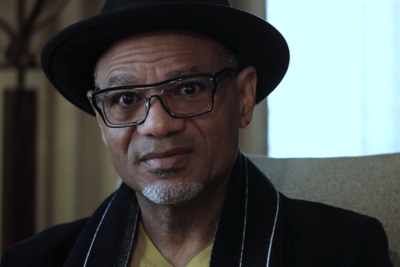 Kirk Whalum on Catholic conversion, gospel jazz, and finding identity in God. By Nate Tinner-Williams / NCR
Kirk Whalum on Catholic conversion, gospel jazz, and finding identity in God. By Nate Tinner-Williams / NCR
Kirk Whalum appears in the documentary “Humanité, the Beloved Community.” (NCR screenshot/YouTube)
Kirk Whalum is a multi-Grammy Award-nominated saxophonist and composer whose work has spanned multiple genres, expressions, and platforms. He has to his credit the “most listened to” sax solo in history, and the Memphis native has nearly four decades of professional music under his belt. He is also perhaps the face of sacred jazz, having produced four critically acclaimed live albums featuring gospel music in the indigenous Black musical idiom. Read more
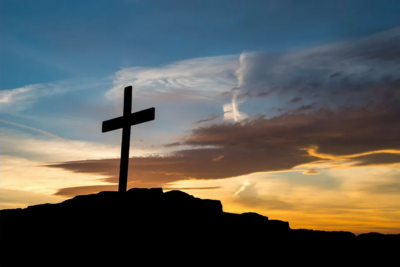 Not quite losing my religion: Being a liberal evangelical isn’t always easy. By Nathaniel Manderson / Salon
Not quite losing my religion: Being a liberal evangelical isn’t always easy. By Nathaniel Manderson / Salon
I know there’s nothing rational about religious faith, and American Christianity is a mess. But I still believe
Throughout my life, I have questioned my Christian faith. On two occasions in my life, however, I have seriously considered the possibility that the God who has directed every aspect of my life is just a very nuanced invisible friend. The first time when I was 19 years old and took a college course on faith. The second time is right now. Read more
Historical / Cultural
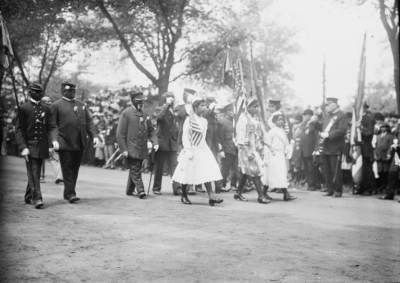 Black Widows and the Struggle for Pensions after the Civil War. By Hilary Green / AAIHS
Black Widows and the Struggle for Pensions after the Civil War. By Hilary Green / AAIHS
African American Civil War veterans procession, May 30, 1912, New York (Library of Congress)
From enlistment to the pension, the working-class Black Civil War experience was a struggle for race, citizenship, and family. Building on recent works by Brandi Brimmer and James G. Mendez, Holly Pinheiro’s The Families’ Civil War explores the lived experiences of Black Philadelphian soldiers and their families before, during, and after the Civil War. The struggles of the selected soldiers of the Third, Sixth, and Eighth USCT and their families “reveals both the specific ways that the Civil War compounded this racial oppression as well as how northern African American families persevered in their lifelong battle against racism”(12). Read more
 “Master Slave Husband Wife”: A startling tale of disguise to escape slavery. By Mark Whitaker / CBS News
“Master Slave Husband Wife”: A startling tale of disguise to escape slavery. By Mark Whitaker / CBS News
A portrait of the biracial Ellen Craft, disguised as a White man in order to escape slavery.
Ellen Craft was an enslaved woman and seamstress living in Macon, Georgia, in the 1840s. She was the daughter of an enslaved woman who had been impregnated by her White enslaver. In her early 20s, Craft married an enslaved man, William Craft, a skilled cabinetmaker. “They were afraid to have children in slavery,” said Wood, “because their enslaver could reach down into the cradle that they had made for their child and take their child away. And there’s nothing they could do in the slave system in order to stop that.” They came up with a bold plan: Ellen would disguise herself as a wealthy White man who was traveling with “his” enslaved person: her husband, William. They would escape to the North in plain sight. Read more
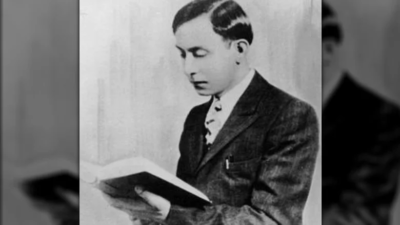 The Mysterious 1934 Disappearance of Nation of Islam Founder, Wallace D. Fard. By Andrew Amelinckx / Grunge
The Mysterious 1934 Disappearance of Nation of Islam Founder, Wallace D. Fard. By Andrew Amelinckx / Grunge
On July 4, 1930, a man named Wallace D. Fard arrived in Detroit, Michigan, with a message for the city’s Black residents. As he peddled silk on the streets of Paradise Valley, the business and entertainment district of the historically Black neighborhood called Black Bottom, he preached a message of Black superiority, Islamic food restrictions, and self-reliance, according to the Detroit Metro Times and the Detroit Historical Society. He taught an offshoot of Islam centered on Black Nationalism and launched what would become the Nation of Islam when he and his followers opened the Temple of Islām and a school, the University of Islām, per Britannica. Read more
 Rev. F.D. Reese’s grandsons are ensuring his impact is never forgotten. By Claretta Bellamy / NBC News
Rev. F.D. Reese’s grandsons are ensuring his impact is never forgotten. By Claretta Bellamy / NBC News
Alan and Marvin Reese hold history tours and travel to schools to teach others about their grandfather, a civil rights hero from Selma, Alabama.
Alan Reese’s passion for protecting his grandfather’s place in history started when he was a fifth grader. Reese came across a picture of the Rev. Frederick Douglas Reese standing next to the Rev. Martin Luther King Jr. in one of his history books. The only problem was that none of his classmates believed the man standing next to one of the most formidable figures in American history was his grandfather. Read more
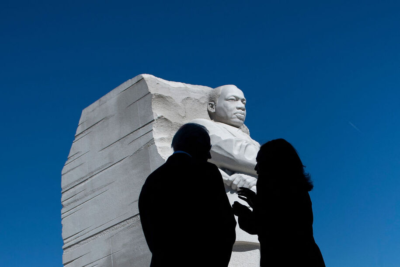 Black Music Sunday: Celebrating and honoring the memory of the Rev. Dr. Martin Luther King Jr. By Denise Oliver Velez / Daily Kos
Black Music Sunday: Celebrating and honoring the memory of the Rev. Dr. Martin Luther King Jr. By Denise Oliver Velez / Daily Kos
Black Music Sunday normally highlights the work of Black musicians, but this week we’ll look at artists of all backgrounds, from around the world and here at home, who have honored this very special Black hero.
The Rev. Dr. Martin Luther King Jr. was born on Jan. 15, 1929, in Atlanta, Georgia. After years of racist resistance in the United States, his birthday is now celebrated as a national holiday every third Monday of January. King was not just a Black American icon, he was a beloved global figure. As such, his life, civil rights work, and tragic death by assassination have inspired millions of people worldwide; among them are many musicians and songwriters. Read more and listen here.
Sports
 She Made History as a Black Basketball Star. Why Won’t Her College Name Its Arena for Her? By Ben Proudfoot / NYT
She Made History as a Black Basketball Star. Why Won’t Her College Name Its Arena for Her? By Ben Proudfoot / NYT
The half-century omission of Lucy Harris’s legacy from Delta State’s campus and from the American consciousness at large reveals that there has never been a shortage of compelling female — and in particular Black female — athletic superstars. Their names just weren’t etched in stone like so many men’s were.
The Walter Sillers Coliseum, a 3,000-seat brick arena, has been the basketball mecca of Delta State University since it was built in 1960. At that time, Delta State, today a public university with just over 2,500 students in Cleveland, Miss., was a white-only institution. But it was a Black woman who made the coliseum famous. In 1973, Lusia “Lucy” Harris played her first game of college basketball as the only Black player on her team. Read more
 Measuring Up to Wilt Chamberlain May Take More Than Stats. By Harvey Araton / NYT
Measuring Up to Wilt Chamberlain May Take More Than Stats. By Harvey Araton / NYT
Several N.B.A. players have had Chamberlain-like performances this season. But to some, he will always be untouchable.
This season, Antetokounmpo, among others, has been drawing enough statistical comparisons to Wilt Chamberlain — who scored a record 100 points in a game and averaged a mind-boggling 50 per game for a season — to wonder if the sport has ascended to its most exceptional athletic plane. Read more
Related: LeBron James and Luka Dončić: The two sides of a transcendent NBA coin. By Tim Cato / The Atheletic
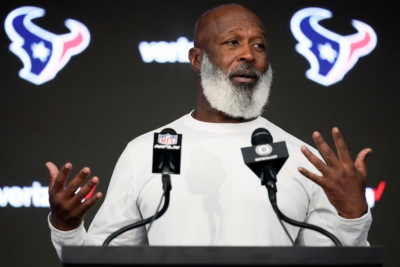 The NFL’s diversity record demands skepticism. Prove us wrong, owners. By Barry Svrluga / Wash Post
The NFL’s diversity record demands skepticism. Prove us wrong, owners. By Barry Svrluga / Wash Post
Lovie Smith had only one season to prove himself as head coach of the Houston Texans. (AP Photo/Eric Christian Smith)
The way to think about this year’s NFL hiring cycle isn’t that the league has five head coaching jobs to fill and therefore can encourage or mandate diversity in those outcomes. Rather, five teams have five individual jobs to fill. We know by now how this usually turns out: One by one, White owners overwhelmingly choose coaches who look like themselves, and the league’s damning record on hiring Black leaders turns into someone else’s problem. Read more
Site Information
Articles appearing in the Digest are archived on our home page. And at the top of this page register your email to receive notification of new editions of Race Inquiry Digest.
Click here for earlier Digests. The site is searchable by name or topic. See “search” at the top of this page.
About Race Inquiry and Race Inquiry Digest. The Digest is published on Mondays and Thursdays.
Use the customized buttons below to share the Digest in an email, or post to your Facebook, Linkedin or Twitter accounts.